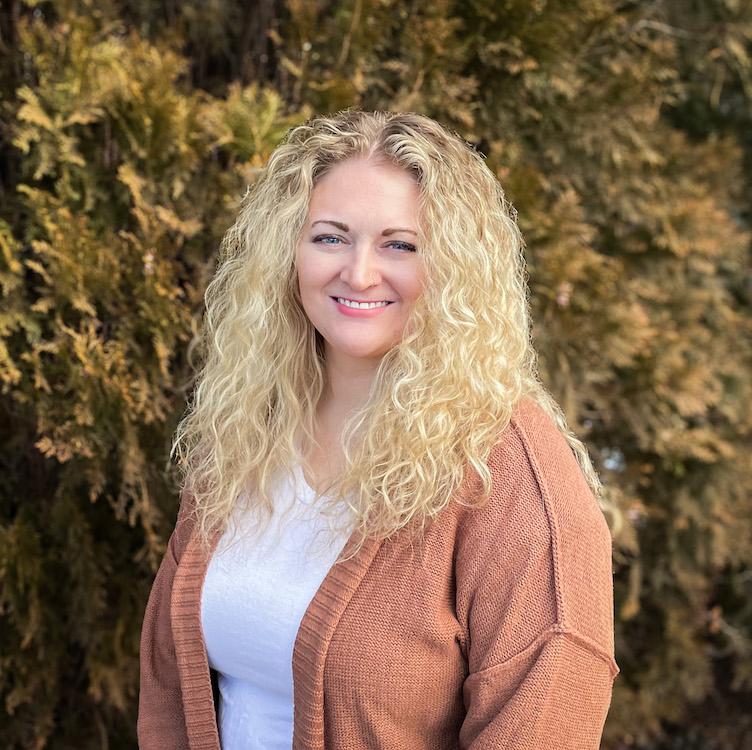
Realizing Justice

Changing the system one class at a time
by Zidia Gibson (Honors ’24)
Nicole McKenna’s (Honors ’18) interest in criminal justice began when she learned about the trauma her cousin experienced as an incarcerated teenager.
“My cousin was in and out of prison pretty much his whole life,” she says. “Every time he was out of prison, we would spend time together, and we got really close.”
The more she learned about her cousin’s experiences, the more Nicole realized there was so much more to the stories of those who are incarcerated.
Now, she’s an assistant professor at John Jay College of Criminal Justice in New York City, teaching courses on comparative corrections, human trafficking, juvenile justice, and race, class, and gender in corrections.
Nicole is also a researcher. She conducts interviews with youth, staff, and administration at detention centers, surveying and documenting the experiences of young people in the American incarceration system. Her research examines community youth mentorship programs, restorative and transformative approaches to youth justice, and trauma-informed care in carceral settings.
“I have my moments of feeling overwhelmed,” Nicole says. “I’ve noticed it in my research when I’m interviewing girls who have been through horrendous experiences. I get really angry at the system—and upset about what’s happening to people.”
This anger fuels Nicole’s commitment to generate change.
“When we discuss difficult topics, I tell my students, ‘We’re going to be spending the majority of our class time talking about solutions and the good work that exists that we can be a part of,’” Nicole says.
A core question that Nicole poses to students throughout the semester is, “What can we do to make things better going forward?”
Nicole says she “absolutely” feels burnout, but she finds hope both in those with whom she works and in the classroom. And she celebrates the wins along the way.
“One of the things I’m excited about is that Pell Grants recently got reinstated for folks who are incarcerated,” Nicole says, explaining that in 1994, Congress banned incarcerated people from receiving federal student aid as part of the crime bill and broader War on Crime.
People could receive education in prison, but the programs were severely underfunded, and it was difficult to pay for school while incarcerated. However, as of July 2023, individuals who are incarcerated or have been incarcerated in the past are eligible to receive Pell Grant money. Nicole says that’s almost half a million people behind bars who now have access to education for free. She also stated that the country’s recidivism and crime rates have decreased over the past several decades.
These positive changes in the justice system give Nicole hope that the country will adopt more radical policies without compromising public safety.
“We’ve known for a long time what keeps people safe. It’s not handcuffs, or cages, or incarceration. It’s building community. It’s investing in our youth. It’s education, housing, access to healthy food and water,” Nicole says.
While it may take the justice system longer to catch up, Nicole has no intention of slowing down in using education to empower her students to lead change.
“People and communities have been doing the work to support those impacted by the legal system for a long time—and we’re going to keep organizing, educating, researching, and doing the work that will truly transform our punishment system into a world where true justice can actually be realized.”
About the Westminster Review
The Westminster Review is Westminster University’s bi-annual alumni magazine that is distributed to alumni and community members. Each issue aims to keep alumni updated on campus current events and highlights the accomplishments of current students, professors, and Westminster alum.
GET THE REVIEW IN PRINT Share Your Story Idea READ MORE WESTMINSTER STORIES